
Published: Last Updated:
Readtime: 6 min
Every product is carefully selected by our editors and experts. If you buy from a link, we may earn a commission. Learn more. For more information on how we test products, click here.
If you’ve been paying attention to what’s new on Netflix, you’ve probably noticed a big, juicy new show detailing a real-life story in a less-than-accurate fashion: Apple Cider Vinegar.
The name doesn’t give a lot away, but Apple Cider Vinegar tells the story of Aussie wellness influencer Belle Gibson who, back in the 2010s, built her social media empire off the back of the fact that she had had terminal cancer and had beaten it back with good ol’ fashioned clean living. The only issue is that the whole thing was a lie.
Gibson had never had cancer, but, according to her, was ‘convinced’ that she did by people posing as doctors – a claim that obviously hasn’t been verified, and that the show kind of touches on.
It’s a set of events that was already confusing enough, but has been muddied by Netflix’s fast-and-loose retelling of Gibson’s saga. If you watched Apple Cider Vinegar and came out the other side pissed off at Gibson, that’s totally fair – you should – but just know that the evidence you’ve been presented with isn’t quite the real story.
In fact, the real story is worse.
It’s worth noting that, unlike the dramatised ‘Baby Reindeer’ which was sold as a true story (a choice that has left Netflix in some legal hot water), Apple Cider Vinegar isn’t billed as a one-to-one retelling. Rather, Netflix has owned the fact that it purposefully made some things a bit juicier, and reworked real people into characters to insert into Gibson’s story.
Throughout the show, the characters themselves tell us as much, first calling it a ‘true story’ in the show’s opening bit, before each episode gets a bit looser with the term. Eventually, it’s ‘true-ish’, until it’s acknowledged as ‘not a true story’ at all in the show’s final episode – the truth is, though, that the lies start right from the beginning.
So, let’s look at what Apple Cider Vinegar tells us about Gibson’s rise and fall, and then take a look at the actual story.
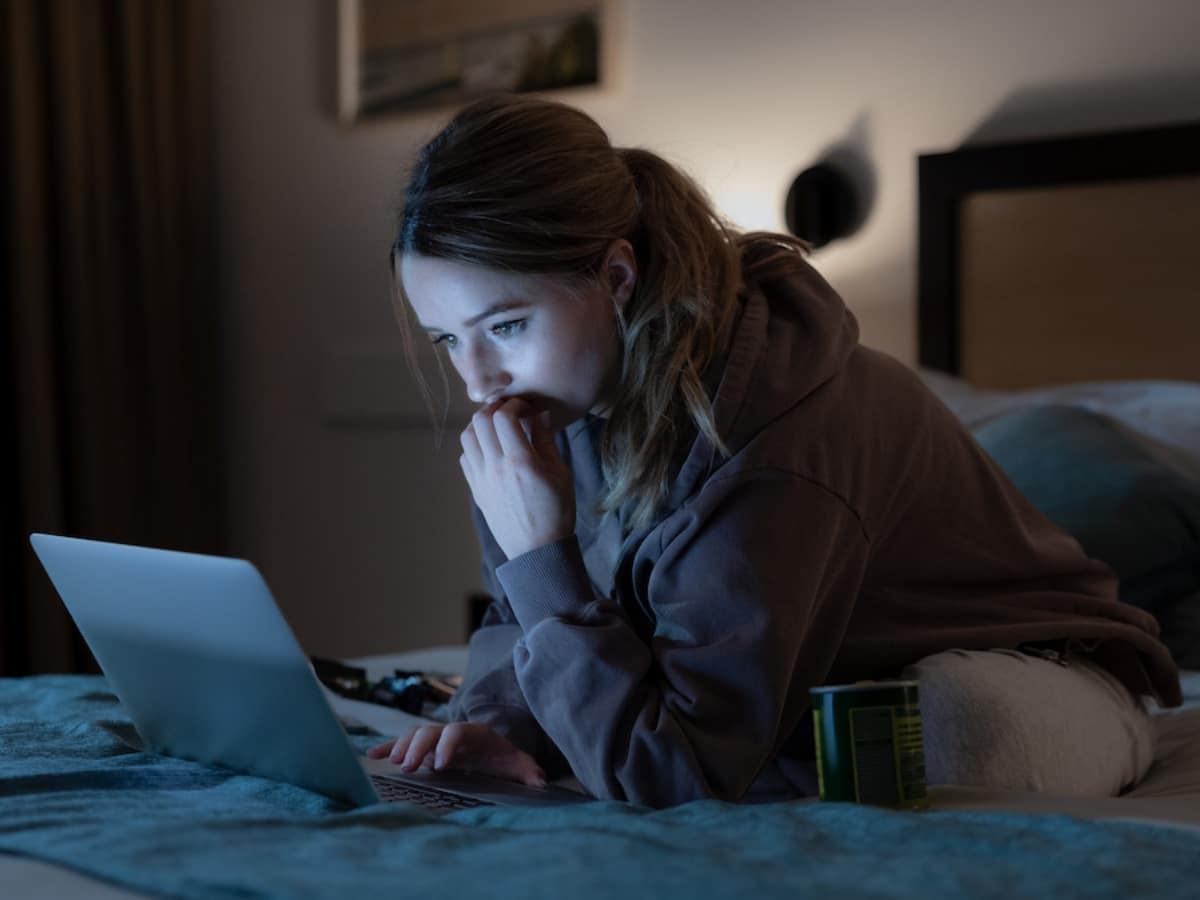
What Happens in ‘Apple Cider Vinegar’?
Apple Cider Vinegar tells the story of Belle Gibson (played by Kaitlyn Dever), an Aussie woman that is looking for meaning in her life. She comes from an unhappy childhood, doesn’t seem to be happy in her life, and ultimately finds her niche: lying.
See, Gibson begins idolising a wellness influencer named Milla Blake (played by Alicia Debnam-Carey), who has cancer and seems to be recovering through the use of non-traditional medicines. Gibson, desperately wanting validation and attention, begins talking about her own “cancer” online, effectively taking Blake’s story as her own, which ultimately makes her a social media star.
Without recapping the whole six episodes (you should watch it if you haven’t, the show’s quite good), things eventually come to a head when Blake passes away from her (very real) cancer, and Gibson is discovered to have been lying the entire time.
The show ends in the way so many true crime documentary-ish shows do, listing out that Gibson was tried and found guilty of misleading the public with text on the screen, but then abruptly tells the audience to Google the rest. Uhh… okay.
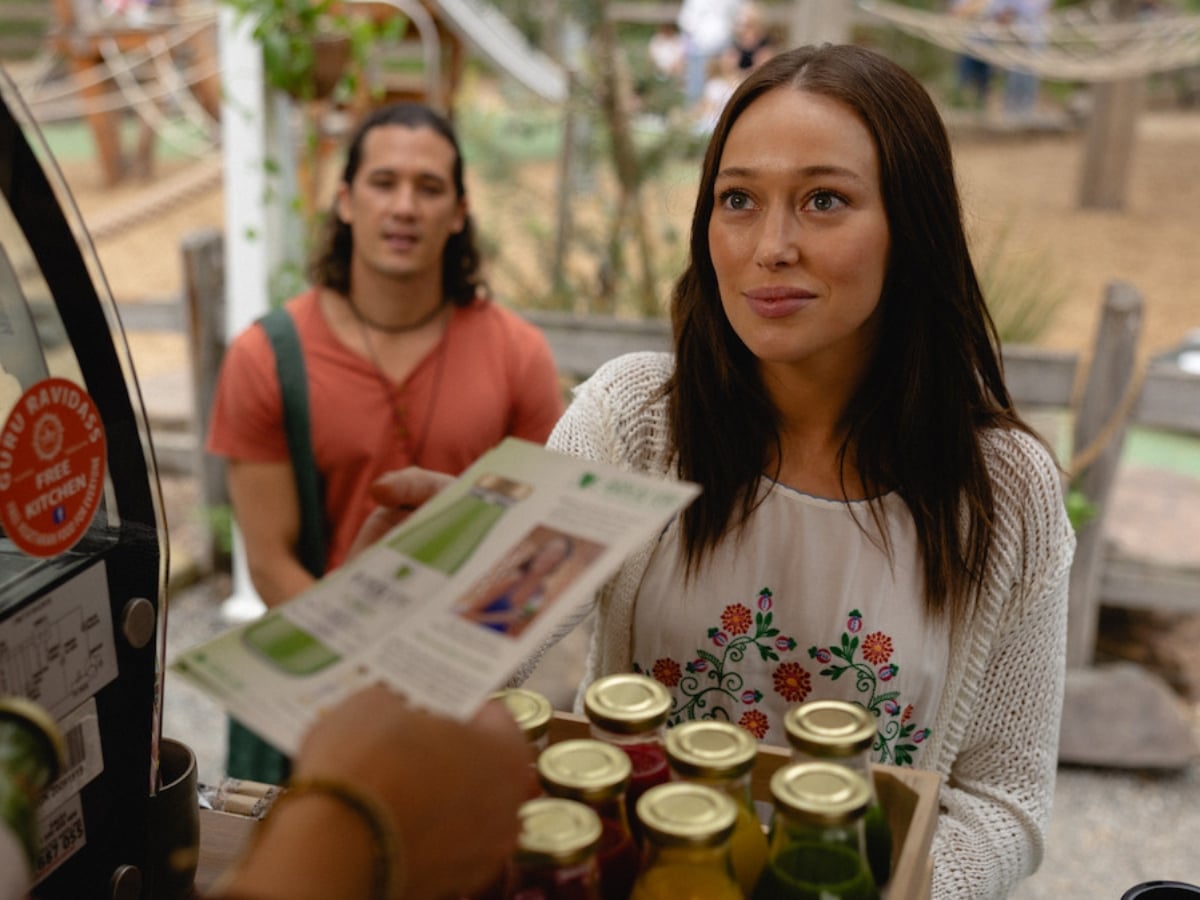
How Much of ‘Apple Cider Vinegar’ is True?
So, how much of that is true?
Well, for one: Milla Blake isn’t a real person, but an amalgam of several other influencers with similar journeys. She does seem to have been largely inspired by the now deceased Jess Ainscough, who did use both conventional and alternative medicines to treat her cancer, and did document her journey on Instagram.
According to Ainscough’s father, Gibson and Jess were never friends, weren’t fighting for people’s attention, and barely knew one another. Gibson did try to “insert” herself into Ainscough’s funeral, though. Mr Ainscough isn’t too pleased about his daughter’s name continually being tied to a convicted fraudster, so out of respect we’ll leave it there.
It’s also worth noting that the characterisation of Gibson as coming from a ‘troubled’ home isn’t entirely accurate either, but is based on claims made by Gibson herself which have subsequently been refuted by her mother. Gibson claimed that she had spent much of her childhood, from the age of 5, taking care of herself, her house, her sick mother, and her autistic brother. She also claims to have left home at 12.
Gibson’s mother came out some time later and told Women’s Weekly that while she was sick, she had never needed care from Gibson, her brother isn’t autistic, that Gibson had “barely done a minute’s housework in her life”, and that most of her other claims are falsehoods.
It’s worth noting that Gibson, both before and after being outed, made outlandish claims about events in her life that were unverifiable by journalists – she’d either dismiss requests for more information or forgot key details, which makes it incredibly difficult to know what to believe about her.
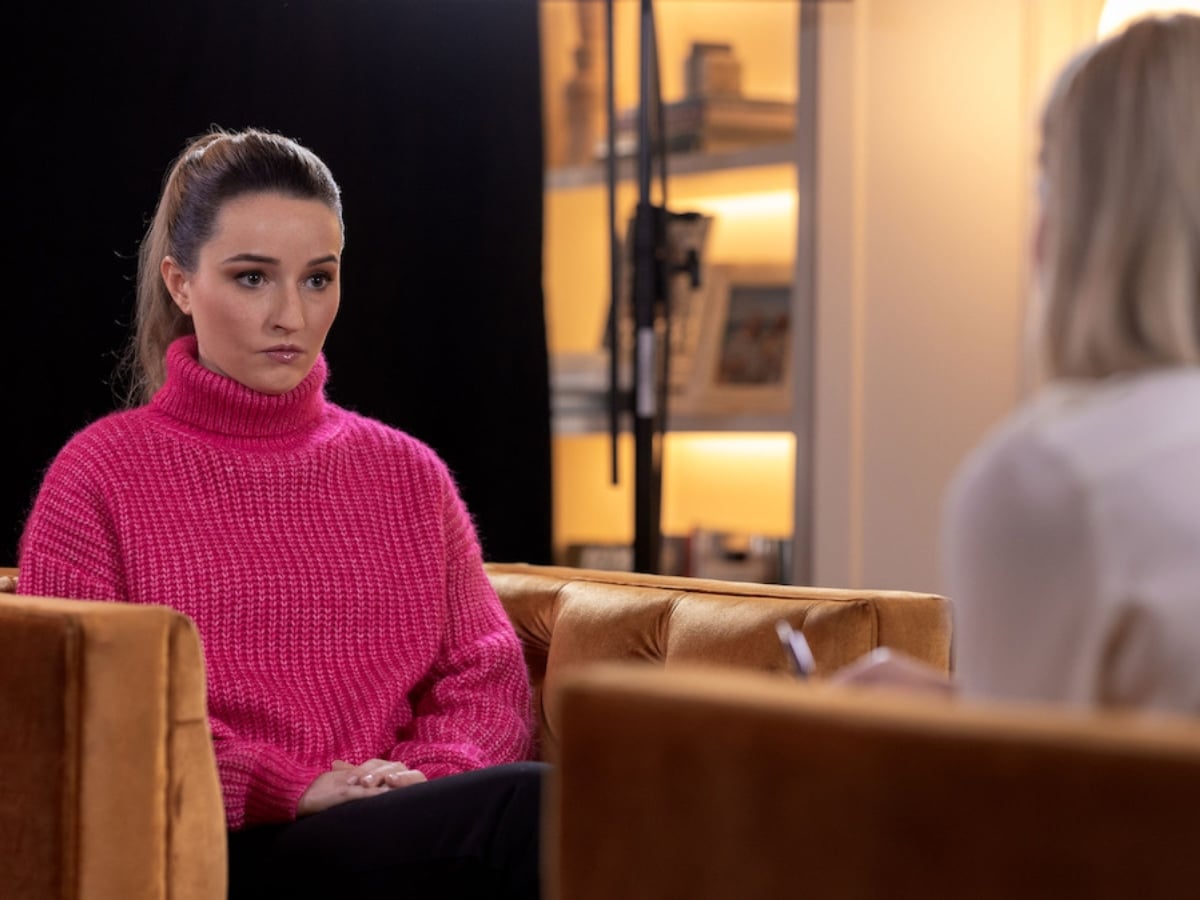
What Happened to Belle Gibson?
Well, since the show told you to Google it, and you’re here, let’s look at how things ended in real life.
For one, it’s likely that Gibson suffers from Munchausen Syndrome, or Factitious Disorder Imposed on Self, which is a complex mental disorder in which individuals convince others (and sometimes themselves) that they are unwell for attention and validation. Psychologists that worked on Gibson’s case made this conjecture, and while it hasn’t been proven, it fits.
The judge in the case against Gibson took this into account, stating that while much of her story was proven to be a falsehood, it was also possible that she may have been suffering “delusions about her health condition” rather than outright and knowingly lying.
Either way, Gibson was fined AUD$410,000 for making false claims and misleading cancer patients. The money she said would be donated to charities never was, instead being spent on herself.
As of February 2025, her fines haven’t been paid, though several raids on Gibson’s home have been conducted to recoup these missing funds, which has now grown to be worth more than AUD$500,000.
As of 2017, Gibson told the Victorian Federal Court that she had AUD$5,000 to her name, was AUD$170,000 in debt, and is unable to pay the fine, which has now been declared “abandoned”.
Thankfully, she didn’t get any royalties from Apple Cider Vinegar, according to Netflix, and didn’t have any influence in how the story was portrayed.














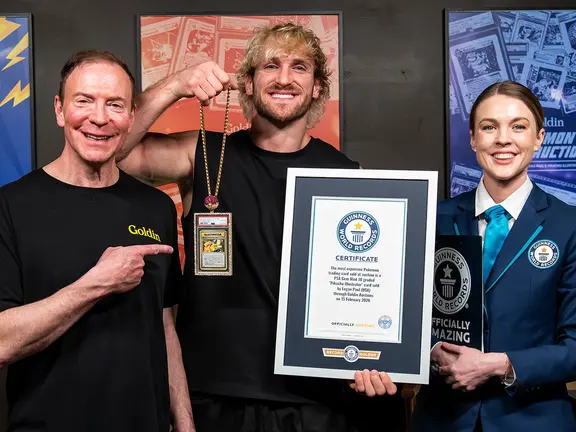


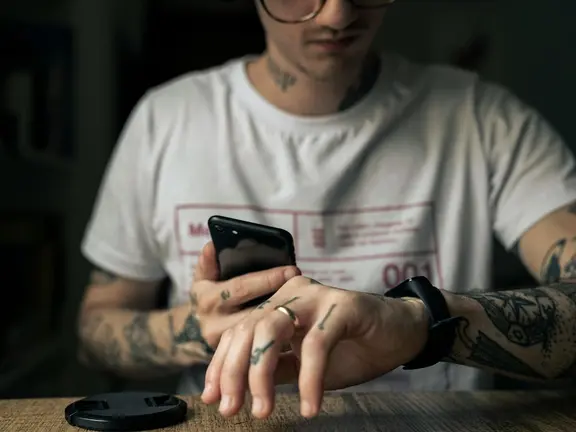








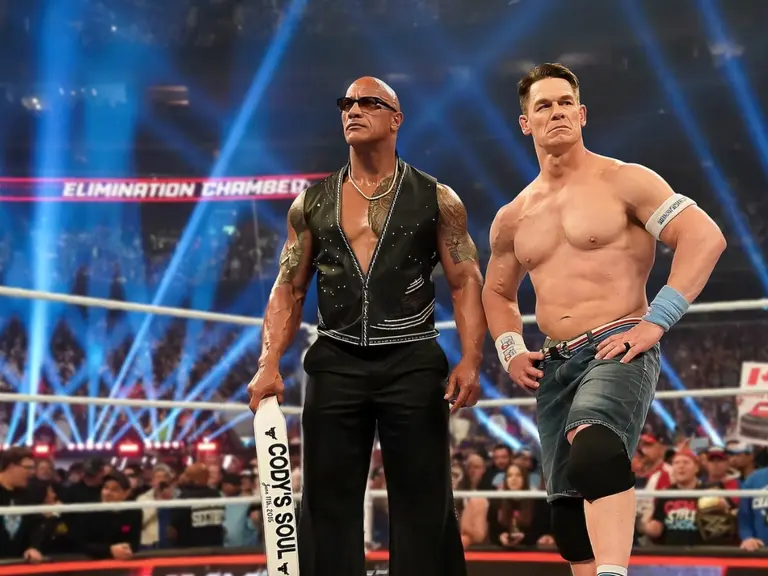

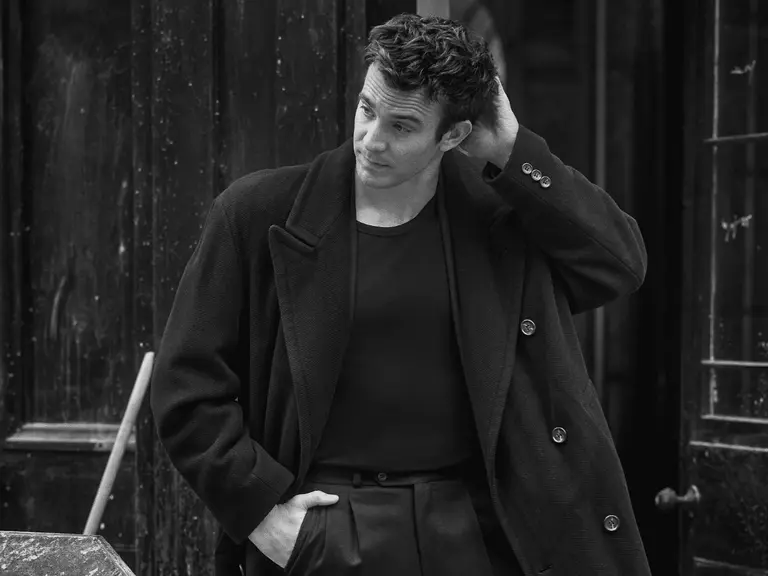
Comments
We love hearing from you. or to leave a comment.